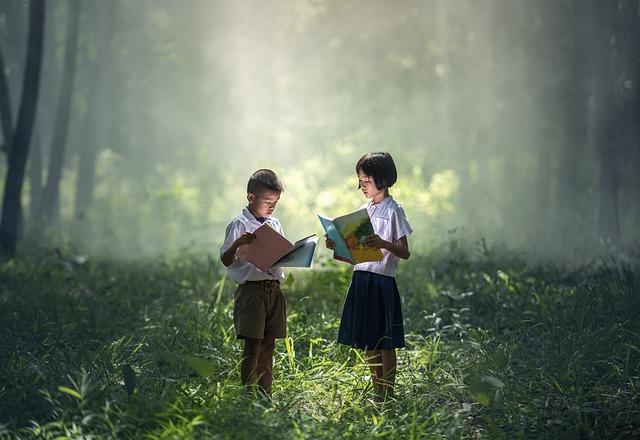Legal Perspectives on Education for Peacebuilding in Pakistan
Education plays a crucial role in fostering peace and understanding among diverse communities, especially in conflict-prone regions like Pakistan. This article explores the legal frameworks supporting peacebuilding education in Pakistan, its benefits, and practical tips to implement effective peace education initiatives.
Understanding Peacebuilding Education
Peacebuilding education aims to promote the values of peace, tolerance, and coexistence among individuals and communities. It involves integrating conflict resolution, empathy, and social justice into educational curricula. In Pakistan, where socio-political tensions often escalate into violence, educating young minds about peace is vital for long-term societal harmony.
Legal Frameworks Supporting Education for Peacebuilding
The legal landscape in Pakistan presents various frameworks that support peacebuilding through education:
- Constitution of Pakistan: Article 25 (Right to Education) ensures free and compulsory education for children aged 5 to 16, paving the way for peace education initiatives.
- National Education Policy: This policy emphasizes the importance of building character and promoting democratic values, which are essential for peacebuilding.
- International Treaties: Pakistan is a signatory to several international agreements such as the Universal Declaration of Human Rights and the Convention on the Rights of the Child, both advocating for peaceful coexistence and education.
Benefits of Education for Peacebuilding
Implementing education for peacebuilding in Pakistan offers several advantages:
- Reduces Violence: By fostering understanding and tolerance among students, the likelihood of conflicts decreases.
- Empowers Youth: Educated individuals are more likely to advocate for peace and contribute positively to their communities.
- Promotes Social Cohesion: Peace education enhances community ties by addressing issues of discrimination and inequality.
Challenges Facing Peace Education in Pakistan
Despite its benefits, several challenges hinder the effective implementation of peace education in Pakistan:
- Curriculum Limitations: Existing curricula often lack components that address conflict resolution or peacebuilding directly.
- Societal Resistance: Cultural and religious differences can sometimes lead to resistance against peace education initiatives.
- Limited Resources: Schools may struggle with inadequate resources, preventing the incorporation of comprehensive peace education programs.
Case Studies: Successful Peace Education Initiatives
Various programs in Pakistan have successfully implemented peace education, showcasing the potential for positive impact:
| Program Name | Location | Description | Impact |
|---|---|---|---|
| PEACE Foundation | Karachi | Focuses on conflict resolution and dialogue among diverse communities. | Increased community understanding and reduced tension. |
| Kids for Peace | Lahore | A youth-driven initiative promoting peacebuilding and community service. | Empowerment of young leaders fostering reconciliation. |
Practical Tips for Implementing Peace Education
For educators and policymakers looking to promote peace education, consider the following practical tips:
- Integrate Peace Themes: Embed peacebuilding concepts into existing subjects like history, social studies, and literature.
- Foster a Safe Environment: Create a school culture that encourages open dialogue and constructive conflict resolution.
- Engagement with Communities: Collaborate with local communities to enhance the relevance of peace education initiatives.
First-Hand Experiences: Voices from the Field
Educators and students who’ve participated in peace education programs share inspiring anecdotes of transformation:
“Through our peace club, we learned to appreciate our differences and work together towards common goals.” – Aisha, Student, Karachi
“It’s rewarding to see students using conflict resolution skills in the classroom and beyond.” – Mr. Khan, Peace Education Facilitator
Conclusion
In the context of Pakistan, legal perspectives on education for peacebuilding reveal a supportive framework for cultivating a culture of peace. By overcoming challenges and harnessing the power of education, we can equip future generations to act as agents of change. Embracing peace education not only aligns with legal mandates but also nurtures an environment where coexistence thrives. It is essential for educators, policymakers, and communities to unite in this vital effort for a more peaceful Pakistan.



